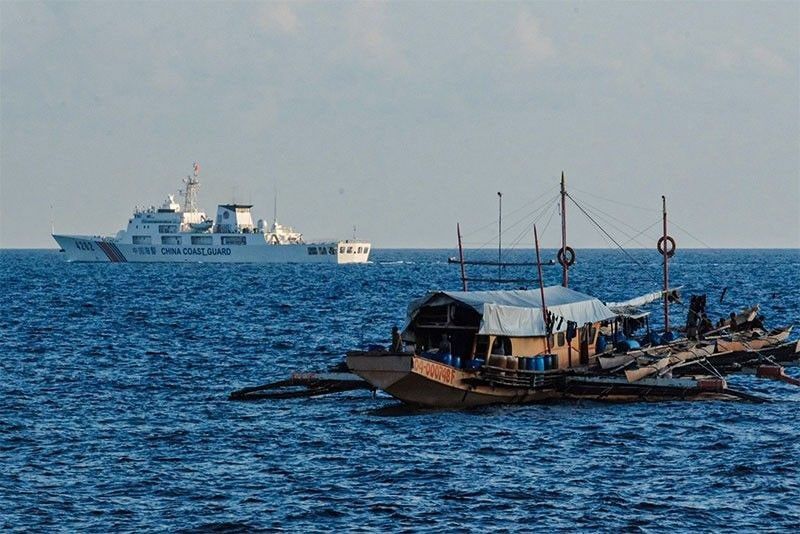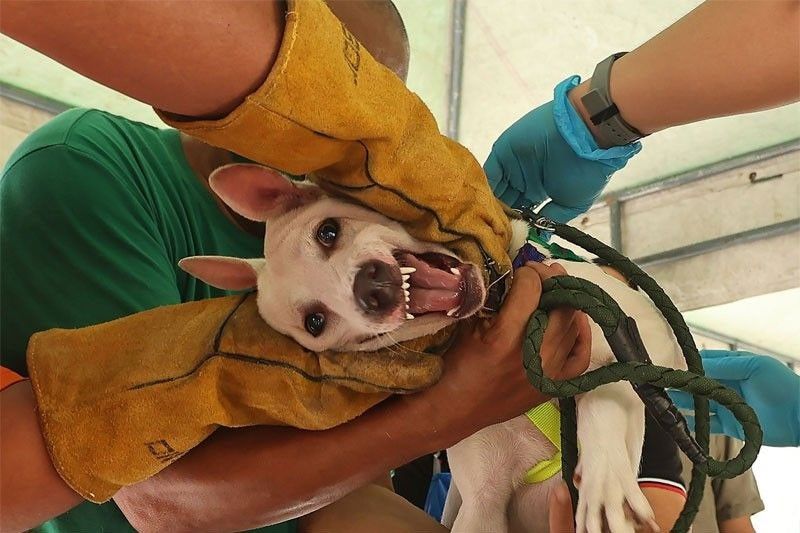
Upgrade to High-Speed Internet for only ₱1499/month!
Enjoy up to 100 Mbps fiber broadband, perfect for browsing, streaming, and gaming.
Visit Suniway.ph to learn
The Population Commission and Development supported Hontivero’s assertion as the country could record the highest number of births in Philippine history by next year.
Image by Christian Abella from Pixabay
MANILA, Philippines — The Commission on Human Rights (CHR) flagged the rising number of cases involving babies sold online by their own families due to poverty, saying it is actively monitoring the trend and finds the numbers deeply alarming.
“Alarming po siya kasi medyo marami ang numbers na mamonitor na po namin,” CHR Commissioner and spokesperson Beda Epres said over DZMM on Monday, July 14.
(It’s alarming because the number of cases we’ve been monitoring is quite high.)
In early July, the Philippine National Police (PNP) rescued a one-month-old infant in Pasay City, after an entrapment operation exposed attempts to sell the baby on Facebook for P90,000.
The operation was led by the PNP Women and Child Protection Center (PNP WCPC), which rescued 11 children and arrested 16 perpetrators behind the selling of babies. One of the perpetrators has been convicted already.
As of June 16, the National Authority for Child Care (NACC) has flagged 12 Facebook groups actively selling babies online, each with a following of more than 200,000 users.
Epres said the CHR also conducts parallel investigations whenever it receives reports from the media or the PNP to check for possible human rights violations. The commission also coordinates with the PNP and the NACC.
If they find grounds for criminal liability, the CHR refers the case to the Department of Justice (DOJ).
Own relatives of the baby
More troubling for the commission, however, is that their investigations found the babies are often being sold by their own family members due to their lives in poverty.
“Kakontsaba po ‘yung magulang kasi pumapayag po sila na ibenta ang kanilang mga babies at sa kasamaang palad po ang lagi nilang nababanggit na dahilan ay ang kanilang kahirapan kaya nauudyok po silang pasukin o ibenta ang kanilang mga anak,” Epres said.
(The parents are complicit because they agree to sell their babies, and unfortunately, the reason they often give is poverty, which pushes them to do it or to sell their own children.)
While syndicates behind the illegal trade have yet to be identified, the CHR said it continues to monitor private Facebook accounts where these transactions are being advertised.
Epres said these accounts openly advertise that they are willing to negotiate with anyone interested in buying babies. He pointed out that Facebook users are profiting by taking advantage of people eager to have a baby.
“So sila ang nag-advertise na kaya nilang mag-negotiate at makakuha ng baby doon sa willing magkaroon ng anak. Unfortunately, medyo pangit nga lang ‘yung pamamaraan na pinapatunguhan nila,” he added.
(They’re the ones posting that they’re open to negotiating and can provide a baby to those who want one. Unfortunately, the means by which they do it is troubling.)
Life imprisonment
According to the CHR, part of what they are investigating is whether syndicates make it look like the child buyer is the biological parent by registering the birth late. Epres said that this practice, called simulating birth, is a criminal act.
Perpetrators involved in the selling of babies could be held liable under two laws: the Republic Act 7610, or the Special Protection of Children Against Abuse, Exploitation and Discrimination Act; and Republic Act 10364, or the Expanded Anti-Trafficking in Persons Act of 2012.
Epres warned that part of the danger lies in the lack of screening for those adopting, as it opens the risk of the child being exploited or trafficked into child pornography.
If the perpetrator is convicted under the Anti-Child Abuse Law, they may be subject to a maximum penalty of reclusion perpetua — or life imprisonment. That would be equivalent to 40 years.

 6 hours ago
3
6 hours ago
3



